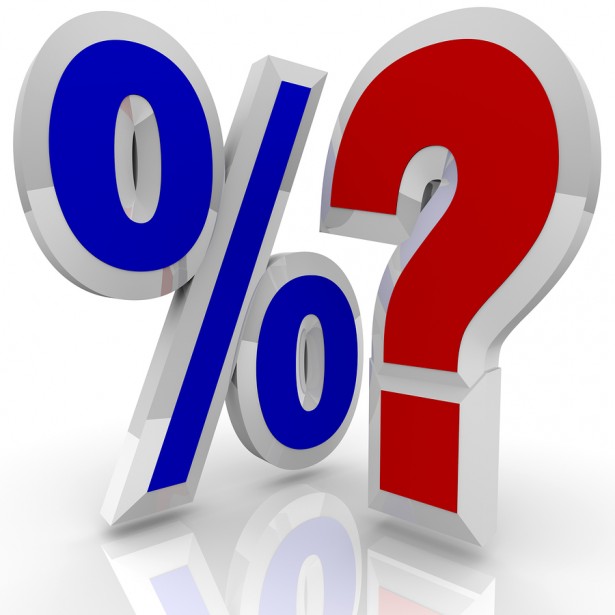This week, the Federal Reserve’s Federal Open Market Committee (FOMC) will meet. When the notes are released it’ll likely be more of the same: an improved economy, a robust labor market and a slump in housing. At the end of it all, the United States central bank will refuse to confirm an exact date for raising interest rates from the near zero.
A Reuters poll was released late last week that noted nearly half of economists concur that the Fed will increase rates in the second quarter of 2015, even though falling oil prices have contributed to a decline in inflationary pressures. Also, many economists say the central bank could hint at a rate hike following the two-day policy meeting.
Despite talk of a lack of inflation – the Fed maintains an inflation target rate of two percent – analysts argue that the Fed’s primary concern is the labor market. With the unemployment rate remaining unchanged at 5.8 percent, and a large number of job creation in the part-time, service-sector, low-paying jobs, the central bank could be in quite the dilly moving forward.
“The decline in oil prices will make the headline for inflation look softer, at least temporarily. However, we look to growth and the labor market indicators as the deciding factors for normalizing interest rate policy,” said Terry Sheehan, a senior analyst at Stone & McCarthy, in an interview with the newswire service.
The Fed will hold its meeting on Tuesday and Wednesday.

Paul Krugman disagrees with consensus
Paul Krugman, a Keynesian economist who has been a staunch supporter of government and central bank intervention in order to boost the national economy, spoke with Bloomberg News in Dubai and purported that the Fed will likely refrain from raising rates next year amid a sluggish economy and low inflation.
Krugman added that markets are already signaling that the Fed will avoid hiking borrowing costs, something he wrote about in the latest column of his in the New York Times.
“When push comes to shove they’re going to look and say: ‘It’s a pretty weak world economy out there, we don’t see any inflation, and the risk if we raise rates and it turns out we were mistaken is just so huge,’” Krugman said. “It’s certainly a real possibility that they’ll go ahead and do it, but probably not, and for what it’s worth I and others are trying to bully them into not doing it.”
Essentially, as Krugman wrote last week, he thinks the Fed is being coerced into taking an action that is not appropriate nor the right thing to do.
Slapping the market in the face
Former Federal Reserve Governor Frederic Mishkin told the Wall Street Journal‘s MarketWatch that the central bank must inform the market that the upcoming boost in interest rates may not be gradual, which would be a tremendous slap in the fact of the markets, a wakeup call if you will.
Instead of a gradual rate hike akin to the ones that took place in 2004 and 2006, it should be conducted similar to the 1994-1995 occurrence. He added that the Fed can afford to bide its time, citing, once again, low inflation levels, a weak economy and questionable labor market.
“I think that certainly that they are worried about a premature tightening and I would agree that is actually the right thing to do,” explained Mishkin. “Now there are other people, like some of the hawks on the FOMC, have taken a different view which is they are always worried that inflation will be a problem and so they are not willing to take the risk. So this is basically trying to deal with the issue of a lot of uncertainty about where unemployment should be.”
Mishkin first joined the Fed in 1994 when he served as the New York Fed’s director of research until 1997. He then became a Fed Governor in 2006 and left in 2008.




